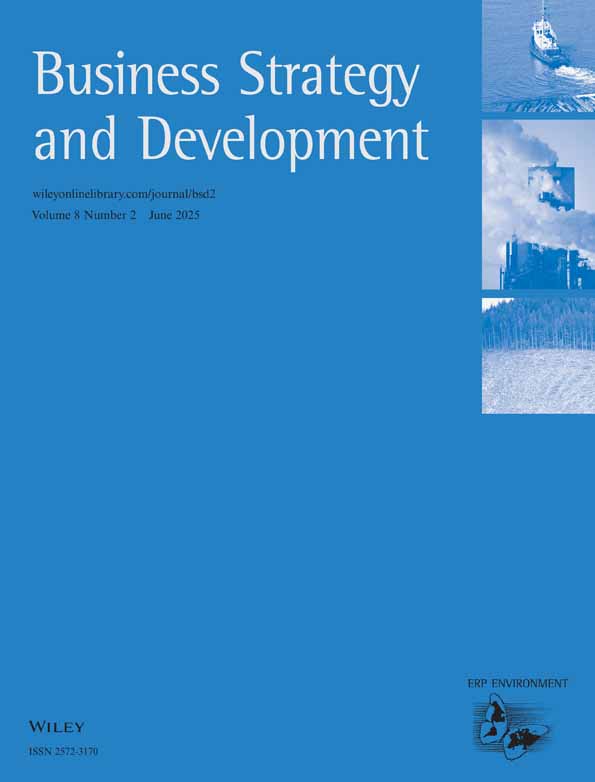Bridging Environmental Wisdom and Artificial Intelligence: A Transformation Framework for Sustainable Organizations
Funding: The authors received no specific funding for this work.
ABSTRACT
The intersection of artificial intelligence (AI) implementation and environmental organizational management presents unique obstacles that demand careful examination and innovative solutions. This research makes three relevant contributions to the field. First, through extensive qualitative research that combines systematic literature review with conceptual analysis, it provides novel frameworks for understanding how environmentally conscious companies navigate the complex terrain of social disruption while maintaining their core environmental missions. Second, drawing from environmental management literature, organizational transformation theories, and industry practices, the research advances new methodological approaches for managing technological integration within these organizations. The findings present a third key contribution by revealing previously unexplored patterns in how successful AI integration in green companies requires sophisticated approaches spanning multiple organizational dimensions: knowledge management systems must be reimagined, leadership development programs need to evolve, and organizational design must adapt to new realities. Beyond these structural changes, organizations must build new frameworks that effectively combine technological capabilities with environmental expertise while carefully managing social impacts. Importantly, the research presents evidence that traditional environmental values need not be sacrificed; rather, they can be preserved and improved through thoughtful integration of AI systems. While the conceptual nature of this study may limit its immediate application across all organizational contexts and scales, further empirical research will be needed to validate the proposed frameworks across specific industry sectors, this work provides valuable insights into the unique issues faced by green companies implementing AI. The study advances the field by offering fresh perspectives on managing the delicate balance between environmental values and technological innovation while presenting original frameworks for understanding and addressing the social dimensions of technological transformation in environmentally conscious organizations. Given the rapid evolution of AI technology, some findings may require regular updates, highlighting the dynamic nature of this field of study.
Conflicts of Interest
The authors declare no conflicts of interest.
Open Research
Data Availability Statement
The article only uses secondary data freely available on the internet.




